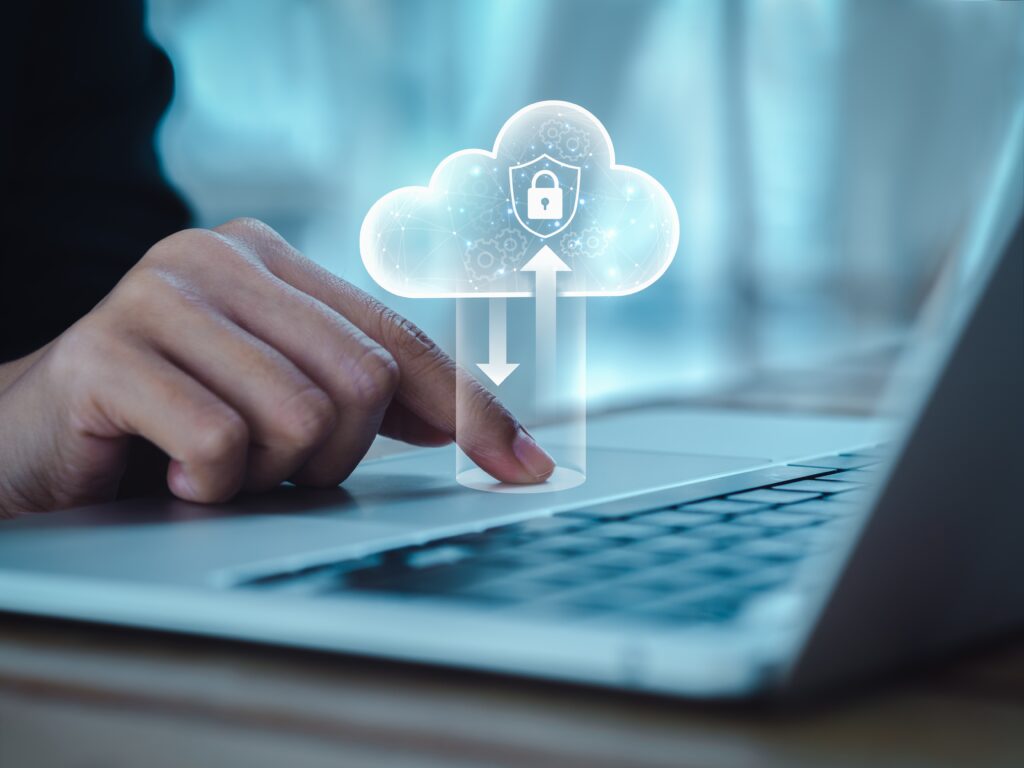
Over the past two years, companies have embraced new ways of conducting business. Virtual tools and innovative security measures have made remote auditing popular and successful. These innovative audits by a certified public accountant can provide efficiency, flexibility, and cost savings. However, careful planning is still a necessary part of the audit process. We discuss below how you can prepare for a remote audit.
Gather Materials For Your Remote Audit By a CPA
Whether you have a traditional or remote audit (also called a virtual audit), it is important to plan early. Your CPA audit firm will provide you with a prepared-by-client (PBC) list or request list. This audit list will include all items necessary before beginning the audit. Determine who on your team will be responsible for gathering the information on this list and communicating with the auditors. Review all information in light of current circumstances and reporting guidelines. Check the reporting requirements and review any guidance that may affect your remote audit.
Clear Communication Is Essential
Coordinate with your team and auditor how communication will take place. Your team needs to ensure that communication with your auditor is timely and clear. Think about the answers to these questions:
- Does your auditor have a communications preference?
- Do you need to manage a time zone difference?
- Will you communicate via phone or video?
- Does your auditor have a preferred time to call?
- What days and times should you let your auditor know that their main contact will be unavailable?
Every accounting firm has different preferences and billing structures. For example, at Assurance Dimensions, we let our clients determine how they prefer to communicate with us. We coordinate phone calls and video calls to deliver a personalized and enhanced audit experience. Communication with your auditor remains critical to a top-quality audit. So, discuss with your remote auditor any questions you might have. Also, confirm how you plan to communicate during your virtual audit.
Prepare Your Tech For A Remote Audit
Technology has made remote audits a safe and reliable way of conducting audits. Before your audit, determine what online tools will be utilized during the audit, test WiFi and internet connections, confirm passwords, document access, and designate an I.T. support person if there are technical issues.
Consider how your audit team plans to handle secure file transfer of documents. Secure web portals are critical to sharing documents. There are several programs and ways security files share documents. At Assurance Dimensions, we use our online tool, Suralink. This easy-to-use online web portal is fully secure and has its own Service Organization Control report.
Audit Conclusion and Report Delivery
The benefit of a remote audit is that your auditors have access to the tools of their own office. Tools such as dual monitors, high-speed internet, and other technology may help make the process more efficient. But do not be surprised if you receive more emails, phone calls, and video calls from your auditor. Since they are off-site, they will still need information and communication from you. Understanding what to expect during the remote audit and preparing is key to ensuring the audit goes smoothly.
Interested In A Remote Audit By A CPA Firm?
There are many benefits to remote audits, and Assurance Dimensions can help. Contact us today to learn about how we use virtual auditing for PCAOB audits, private company audits, nonprofit audits, and other audit and assurance services.

